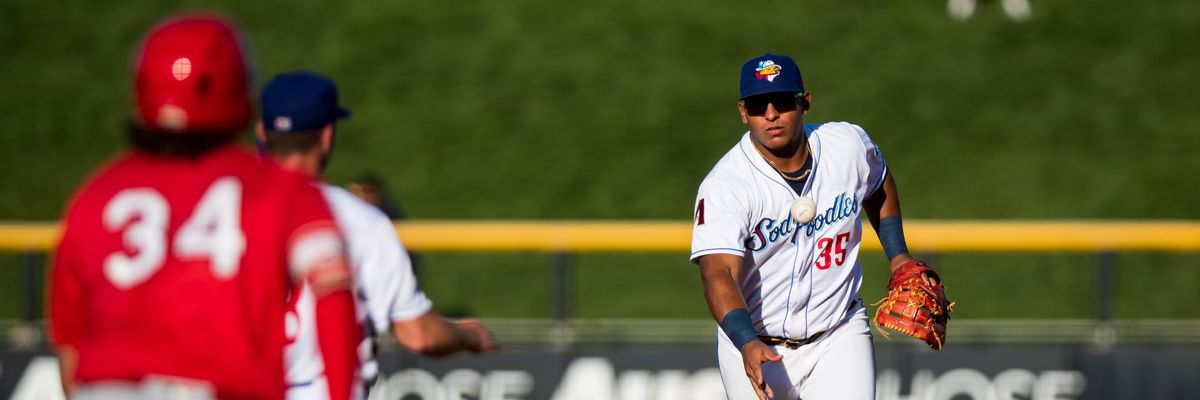Labor advocates on Monday cheered as the union representing Major League Baseball players launched a drive to unionize their minor league counterparts, who endure grueling working conditions, often for near-poverty wages, for a roughly 1 in 10 shot at making it to "The Show."
"Minor league players make near-poverty wages while serving as some of MLB's best ambassadors."
The Major League Baseball Players Association (MLBPA) announced Sunday that it took the initial step of sending out authorization cards enabling Minor League Baseball (MiLB) players to vote on whether to unionize.
"Minor leaguers represent our game's future and deserve wages and working conditions that befit elite athletes who entertain millions of baseball fans nationwide," MLBPA executive director Tony Clark said in a statement. "They're an important part of our fraternity and we want to help them achieve their goals both on and off the field."
"This organizing campaign is an investment in the future of our game and our player fraternity," Clark added.
Despite Major League Baseball (MLB) teams being worth billions of dollars and raking in roughly $10 billion in annual revenue, players at the lowest levels of the minor leagues earn less than minimum wage workers in some states for a 40-hour workweek.
"It's a few hundred dollars a week paid out only during the season," Harry Marino--who played four seasons in the minors and is now the outgoing executive director of Advocates for Minor Leaguers--explained earlier this year.
Rookie ball players currently earn $400 per week during the season, while Class A players make $500 weekly, AA players get $600, and AAA team members receive $700.
"Guys struggle with housing, nutrition, and making ends meet on a fundamental level," Marino said. "The system is outdated, exploitative, and needs to change."
In stark contrast, the average MLB salary is upwards of $4 million--with the highest-paid superstars making more than $30 million annually.
ESPN reports:
The potential unionization of more than 5,000 minor leaguers is the latest action in a yearslong effort by players who won a $185 million settlement from the league in an unpaid wages class-action lawsuit and have received housing from teams and increased pay in recent years. Minor league players, whose compensation and benefits are not collectively bargained, continue to argue for higher salaries, which for a vast majority range from around $5,000 to $14,000 annually. Furthermore, the Senate Judiciary Committee has suggested it will call a hearing to explore MLB's antitrust exemption and its treatment of minor leaguers.
Sen. Dick Durbin (D-Ill.), who chairs the judiciary committee, lamented on Twitter that "minor league players make near-poverty wages while serving as some of MLB's best ambassadors in communities across America."
Labor reporter Hamilton Nolan tweeted that it's "hard to think of a group that will get more material gains from unionizing than minor league baseball players. ALWAYS unionize if you work for a wealthy organization but find yourself being paid like shit. Shout out to Google cafeteria workers, etc."
Democratic Socialists of America's Baseball League tweeted: "Every worker deserves a union! DSA's baseball fans stand in solidarity with the MLBPA and Minor League players organizing for fair pay and better working conditions."
The move to unionize minor league players comes amid a nationwide wave of successful labor organizing by workers at companies including Starbucks, Amazon, Apple, Trader Joe's, and Chipotle.




